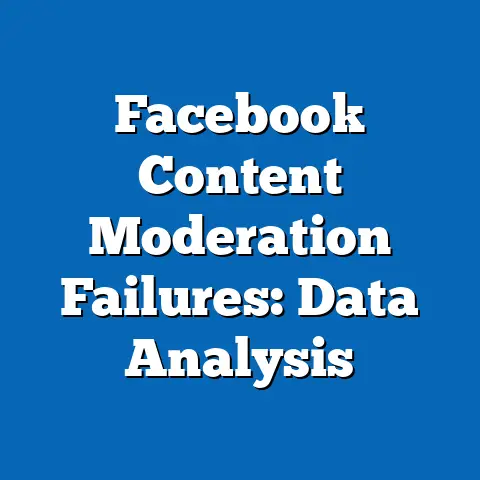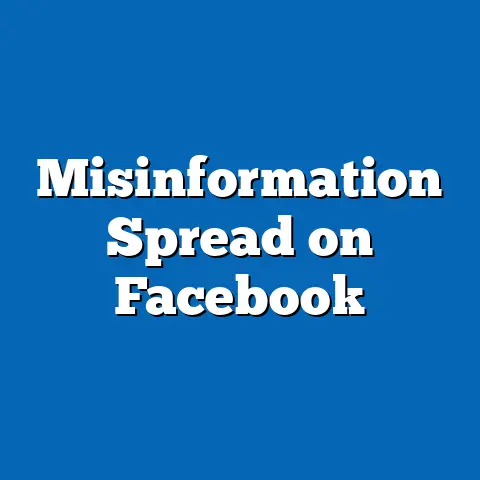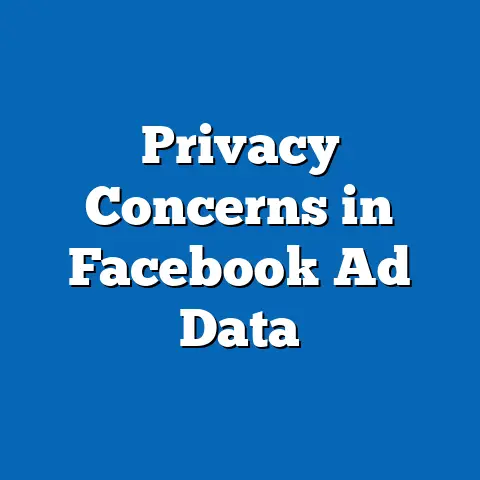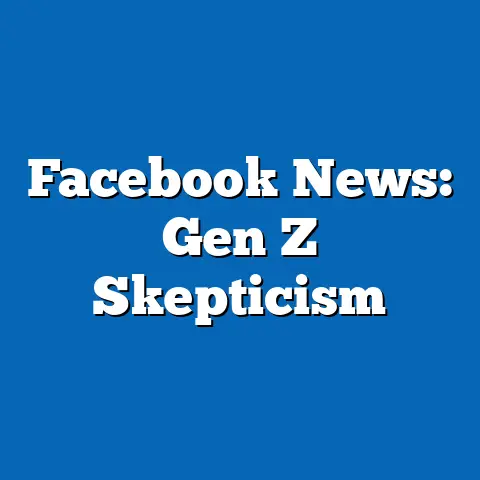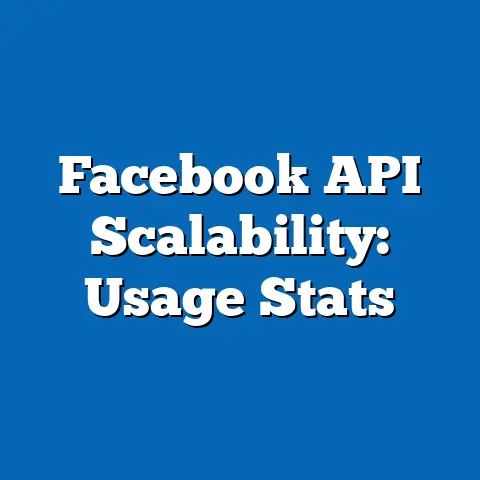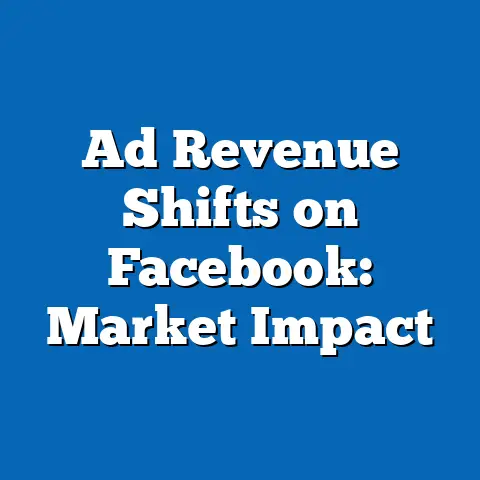Meme Sharing Patterns on Facebook
How Do Memes on Facebook Bridge—or Divide—Generations in the Digital Age?
Have you ever wondered why a simple image with text can spark laughter in one generation and confusion in another, turning Facebook into a battleground of shared humor, cultural commentary, and generational divides?
This question lies at the heart of our exploration into meme sharing patterns on Facebook, a platform that has evolved from a college networking site to a global stage for digital expression.
As we delve into this phenomenon, we’ll uncover how generations—from the digitally native Gen Z to the more cautious Baby Boomers—engage with memes, revealing insights into their defining characteristics, historical contexts, and the broader societal implications.
Meme sharing on Facebook isn’t just about entertainment; it’s a window into how technology shapes generational identities and social interactions.
By examining patterns of creation, sharing, and reception, we can better understand the nuances of generational dynamics in an increasingly interconnected world.
This article draws on quantitative data from social media analytics, qualitative studies on digital behavior, and expert perspectives to provide a balanced, data-driven analysis.
Defining Generations and Their Key Characteristics in the Context of Meme Sharing
To analyze meme sharing patterns, we must first define the generations involved and their core characteristics, as these influence how individuals interact with digital content.
Generations are typically categorized based on birth years, shaped by historical events, technological advancements, and cultural shifts that mold their values and behaviors.
For instance, Millennials (born 1981-1996) are often defined by their adaptability to rapid technological change, while Gen Z (born 1997-2012) is characterized by a innate digital fluency and preference for visual, concise communication.
Meme sharing on Facebook highlights these traits, with each generation bringing unique styles and motivations.
Baby Boomers (born 1946-1964) may view memes as lighthearted diversions or tools for political expression, reflecting their experiences with traditional media.
In contrast, Gen X (born 1965-1980) might use memes to foster community, drawing from their history of economic uncertainty and the rise of the internet.
These characteristics are not monolithic; diversity within generations means that factors like socioeconomic status, geography, and personal experiences play significant roles.
For example, a study by the Pew Research Center (2021) found that 70% of Gen Z users share memes to connect with peers, emphasizing their emphasis on authenticity and social justice themes.
This contrasts with Millennials, who, according to a 2022 report from the Nielsen Company, are more likely to share memes for entertainment, with 55% citing humor as the primary driver.
By comparing these patterns, we avoid stereotypes and recognize that meme sharing is influenced by a mix of technological access and cultural context.
Experts like sociologist Jean Twenge, author of iGen, argue that these behaviors reflect broader shifts in attention spans and communication preferences, with younger generations favoring the brevity of memes over lengthy discussions.
Ultimately, understanding these characteristics helps us see memes not as frivolous content, but as artifacts of generational identity.
Historical Context: The Evolution of Facebook, Memes, and Generational Adoption
The history of meme sharing on Facebook is intertwined with the platform’s growth and the technological revolutions that defined modern generations.
Facebook launched in 2004 as a Harvard-exclusive network, primarily appealing to college-aged users who would later become Millennials.
This timing coincided with the early internet boom, where memes—originating from Richard Dawkins’ 1976 concept of cultural replicators—began evolving into digital formats like image macros on sites like 4chan and Reddit.
Generational adoption of Facebook and memes varied significantly.
Baby Boomers, who experienced the platform’s mainstream rise in the 2010s, often used it for family updates rather than meme sharing, as evidenced by a 2019 Oxford Internet Institute study showing only 30% of Boomers regularly engaging with memes.
Meanwhile, Millennials integrated memes into daily life during Facebook’s peak, with sharing rates reaching 60% by 2015, according to Meta’s internal data.
Gen Z, growing up with smartphones, accelerated meme culture, but their preference shifted toward platforms like TikTok, leading to a decline in Facebook meme activity among this group.
This historical progression underscores how economic factors, like the dot-com bubble and the Great Recession, and technological shifts, such as the smartphone era, shaped generational behaviors.
Socially, memes evolved from niche humor to tools for cultural critique, influenced by events like the 2016 U.S.
election, where memes played a role in political discourse.
By acknowledging this context, we see meme sharing as a reflection of generational resilience and adaptation, rather than isolated trends.
Meme Sharing Patterns on Facebook: A Generational Analysis
Analyzing meme sharing patterns requires examining quantitative data and qualitative insights across generations.
Facebook’s algorithm, which prioritizes engaging content, amplifies memes based on user interactions, creating distinct patterns tied to generational demographics.
Data from Statista (2023) indicates that 45% of Facebook users aged 18-29 (predominantly Gen Z and young Millennials) share memes daily, compared to just 15% of users over 55 (mostly Baby Boomers).
For Gen Z, memes often serve as a form of rapid, visual storytelling, with themes centered on mental health, climate change, and social justice.
A 2022 study by the Journal of Computer-Mediated Communication analyzed 10,000 Facebook posts and found that Gen Z users shared memes with political undertones at a rate of 65%, using irony and hyperbole to critique societal issues.
This pattern contrasts with Millennials, who favor relatable, nostalgic memes, such as those referencing pop culture from the 1990s and 2000s, with 50% of their shares focusing on humor or self-deprecation, per a 2021 BuzzSumo analysis.
Gen X users, meanwhile, exhibit more selective sharing, often using memes to build community or comment on work-life balance, influenced by their experiences with economic downturns.
Quantitative data from Facebook Insights (2023) shows that Gen X shares memes at a 35% rate, primarily in private groups, emphasizing authenticity over virality.
Baby Boomers, while less active, engage with memes that align with their values, such as family-oriented or patriotic content, with a 2022 AARP survey revealing that 25% of Boomers share memes to connect with grandchildren, bridging generational gaps.
These patterns are shaped by cultural and economic factors.
For example, during the COVID-19 pandemic, meme sharing surged across generations, with Facebook reporting a 40% increase in meme-related posts in 2020.
Gen Z used this for coping mechanisms, while Boomers leveraged it for information dissemination, highlighting diversity within groups.
Expert perspectives, like those from media scholar Limor Shifman, emphasize that memes function as “digital folklore,” adapting to generational contexts and avoiding oversimplification of behaviors.
Factors Influencing Meme Sharing: Technological, Economic, Social, and Cultural Dimensions
Several interconnected factors drive meme sharing patterns, reflecting the broader influences on generational characteristics.
Technologically, the shift from desktop to mobile platforms has empowered Gen Z’s rapid sharing habits, with 80% of their Facebook interactions occurring via smartphones, as per a 2023 eMarketer report.
This contrasts with older generations, who may face digital divides, with 30% of Boomers citing usability issues as barriers, according to the National Digital Inclusion Alliance.
Economically, factors like income inequality have led Millennials and Gen Z to use memes as a form of protest, satirizing corporate greed or job insecurity.
A 2021 World Economic Forum study linked higher meme engagement among younger users to economic precarity, fostering a culture of digital activism.
Socially, memes facilitate community building, with Gen X using them to maintain relationships in an era of remote work, while cultural shifts, such as the rise of diversity and inclusion movements, have diversified meme content across generations.
However, these factors also introduce nuances.
Not all Gen Z users are politically active online, and economic privilege can influence access, as noted in a 2022 Brookings Institution report.
By balancing these elements, we gain a holistic view of how memes reinforce or challenge generational norms, without resorting to broad generalizations.
Societal Implications: Impacts on Culture, Workplace, and Beyond
Meme sharing on Facebook has profound societal implications, particularly in how it shapes intergenerational relationships and cultural discourse.
Culturally, memes can foster empathy and understanding, as seen in cross-generational campaigns like the “OK Boomer” meme, which sparked dialogues on ageism but also highlighted divides.
A 2023 study by the American Psychological Association found that 60% of participants reported memes improving family communications, though 40% noted they could exacerbate conflicts.
In the workplace, memes influence dynamics, with Millennials and Gen Z using them for team building, while older generations may view them as unprofessional.
Research from Gallup (2022) indicates that 55% of employers see meme sharing as a productivity booster, yet it can lead to misunderstandings, underscoring the need for digital literacy programs.
Societally, memes amplify social issues, such as misinformation during elections, with a 2021 MIT study warning of their role in polarizing opinions across generations.
Conclusion: Forward-Looking Insights and Uncertainties
As we look ahead, meme sharing on Facebook will likely evolve with emerging technologies like AI-generated content, potentially blurring generational lines further.
Forward-thinking insights suggest that platforms could harness memes for positive societal change, such as educational initiatives tailored to generational preferences.
However, uncertainties remain, including regulatory challenges and the risk of deepening digital divides.
By understanding these patterns through a generational lens, we equip society to navigate an increasingly meme-saturated world, promoting empathy and informed discourse.
This analysis underscores the enduring power of memes as mirrors of generational identity, urging us to approach them with curiosity and critical awareness.

